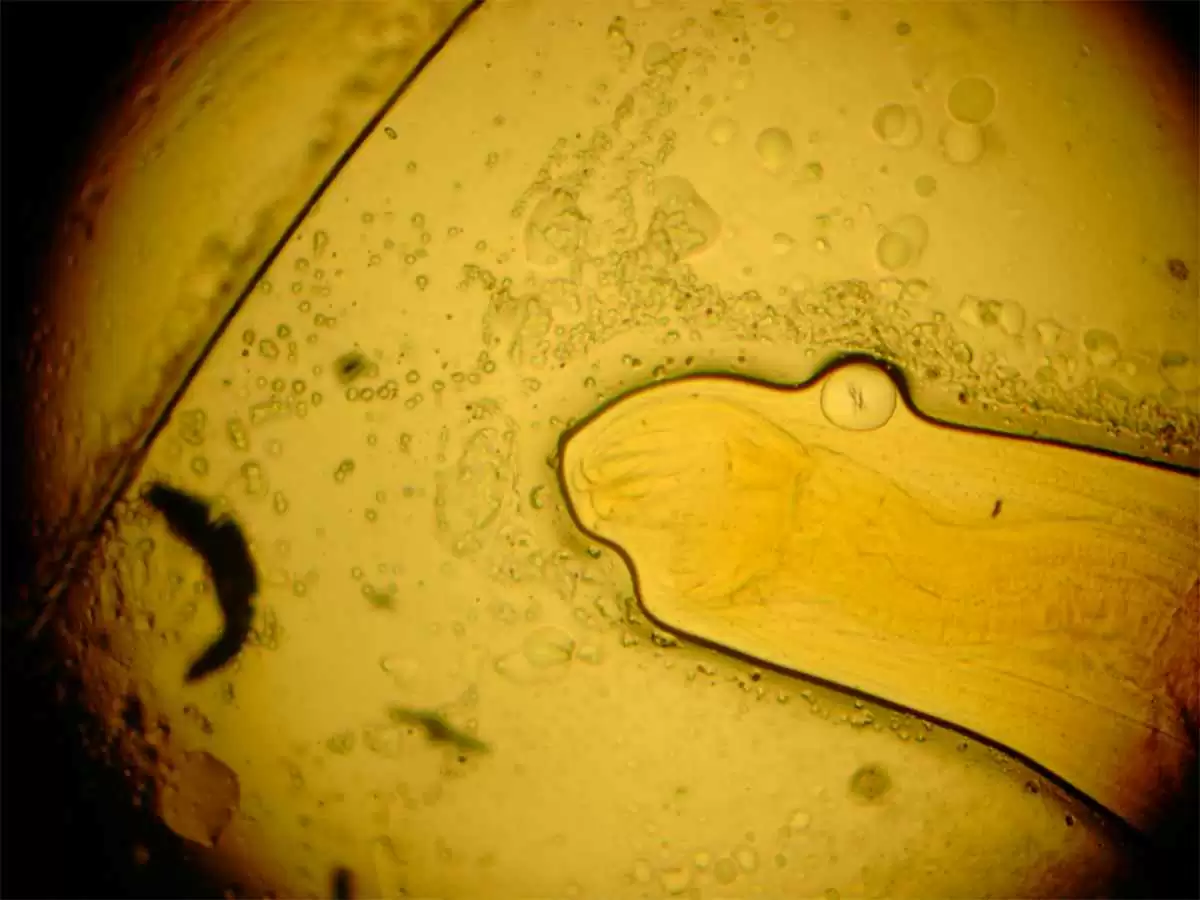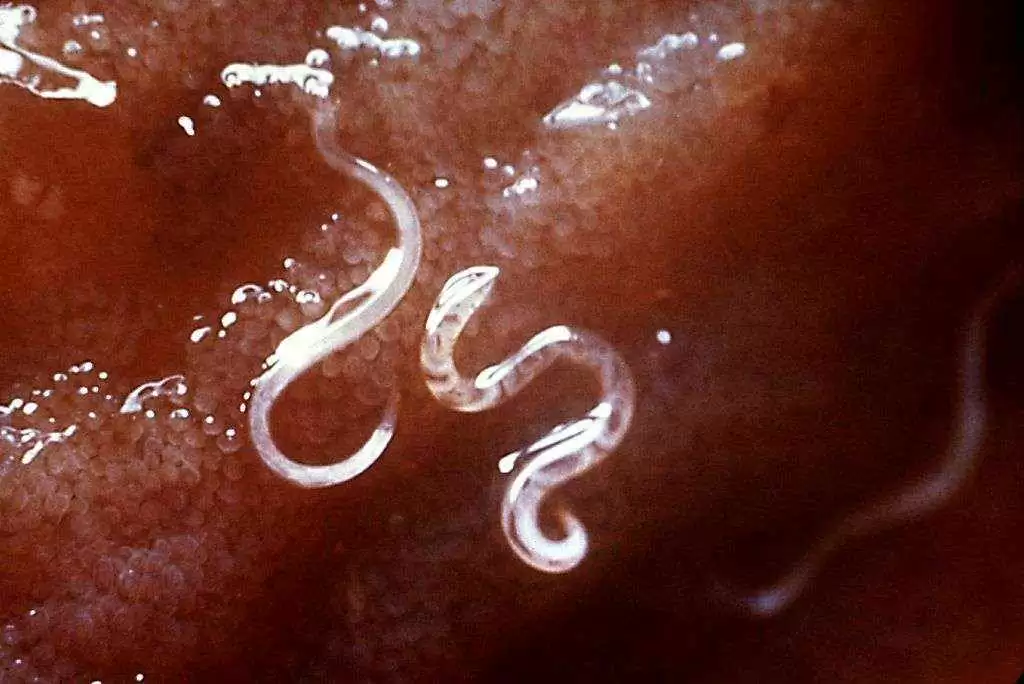
Celiac.com 12/16/2022 - Recently, an interesting discussion thread popped onto our celiac disease and gluten-free forum. A member of the forum, going by the handle @dixonpete, claims his celiac disease went into remission after treatment with hookworms.
Moreover, he claims that he is essentially cured, and able to eat gluten with no side effects, and has had at least one recent negative follow up tTG antibody test to back this up.
History of Hookworm Infection to Treat Celiac Disease
Celiac.com Sponsor (A12):
We've done more than a few articles on the potential to use hookworms to treat celiac disease. We've done a number of articles on hookworms as the potential future of celiac disease treatment, including:
- Are Intestinal Worms the Future of Autoimmune Disease Treatment?
- Could Hookworm Infections Help Cure Celiac Disease?
- Celiac Patients Tolerate Wheat Spaghetti After Hookworm Treatment
- Have Celiac Disease? Try a Little Hookworm with that Pasta!
Previously, we'd only reported data from various studies, some of which looked promising. Until recently we had never heard directly from anyone claiming to have gone through hookworm treatment firsthand.
Because he is the first person we've heard from who claims direct experience with hookworm treatment for celiac disease, the information furnished by @dixonpete to the thread might be of interest to anyone who might be interested in the possibility of receiving hookworm treatment.
Hookworms seem to work, at least partly, by blocking the inflammatory response in the gut of the host. One of the benefits of this treatment is that the hookworms may also block the gut's immune response to gluten in people with celiac disease.
Could Hookworm Treatment Allow Celiacs to Eat Gluten Again?
At this time, there's no data to confirm that hookworm treatment "cures" celiac disease in the classic sense of the word. In theory, if the hookworms were eliminated, then the celiac disease could return. And the hookworms don't reproduce, so you need just the right amount in the gut, but not too much.
The current hypothesis is that the hookworms simply block the immune inflammatory response when people with celiac disease eat gluten. But even that remains unclear, and not well-supported by data. Clearly more studies need to be done to verify whether hookworms present a viable alternative for people with celiac disease. A single example of this possibly working in real life isn't enough data to support the claim that the treatment should work for all celiacs. In fact, @dixonpete admits himself that he was suffering from both celiac disease and other conditions that drove his decision. Still, it's a compelling story. For more information, read the full discussion thread and the related articles.
If hookworms prove to be effective treatment for celiac disease, would you be willing to consider a hookworm infection to treat your celiac disease? Let us know in the comments below.



.webp.052ba8c166489209c49990837d6b17e2.webp)



Recommended Comments
Create an account or sign in to comment
You need to be a member in order to leave a comment
Create an account
Sign up for a new account in our community. It's easy!
Register a new accountSign in
Already have an account? Sign in here.
Sign In Now